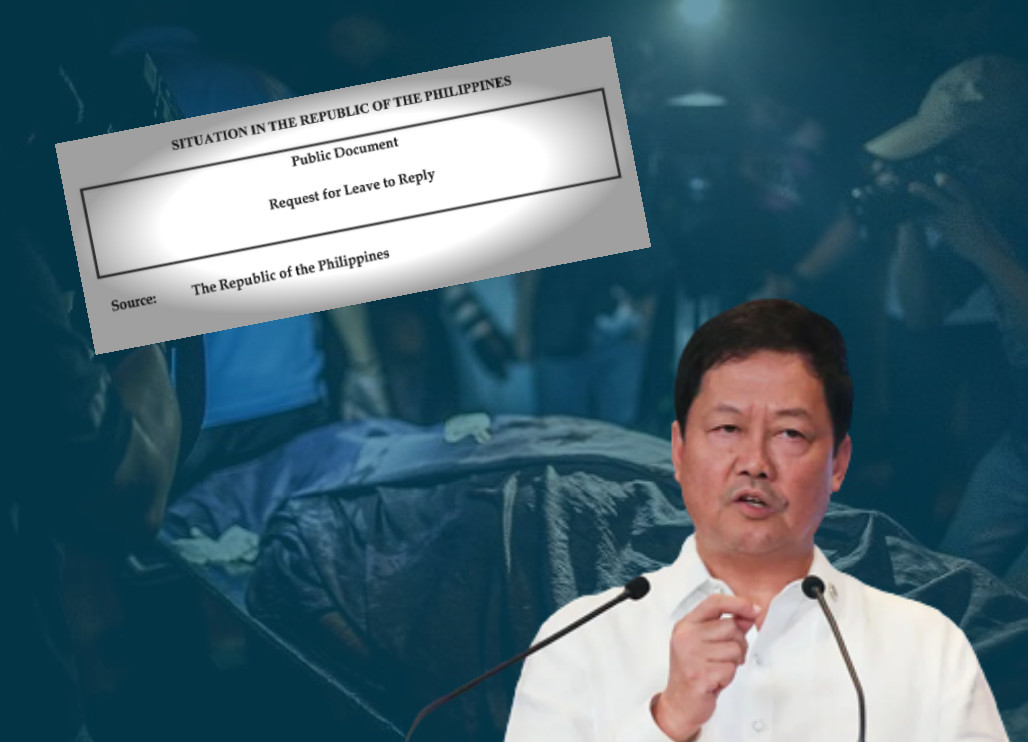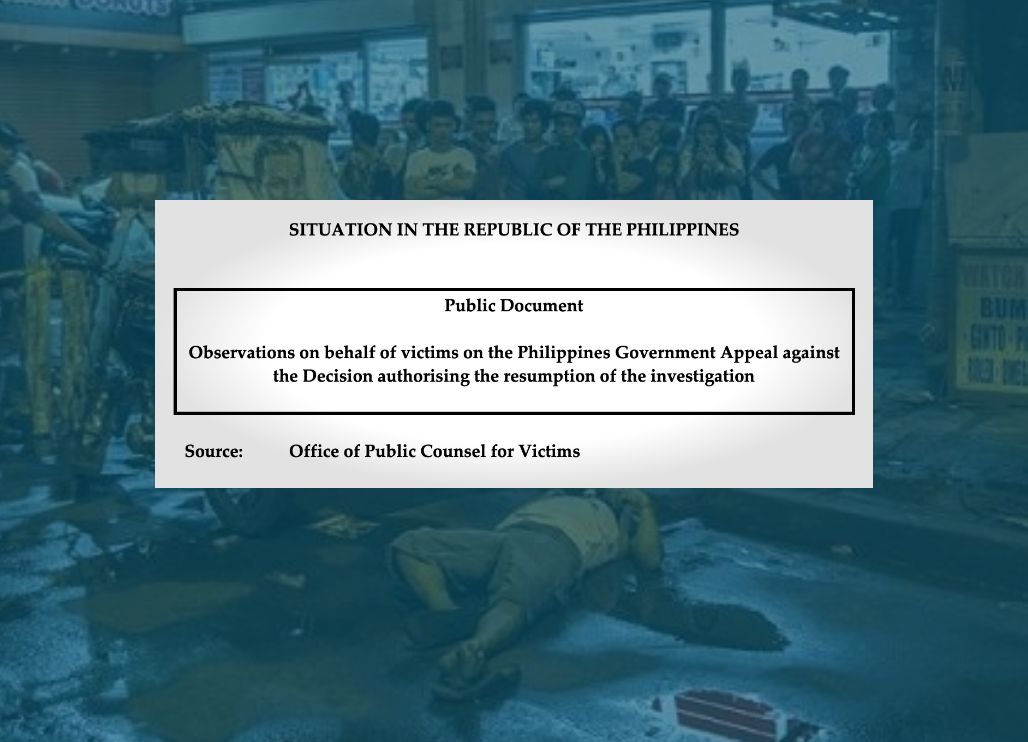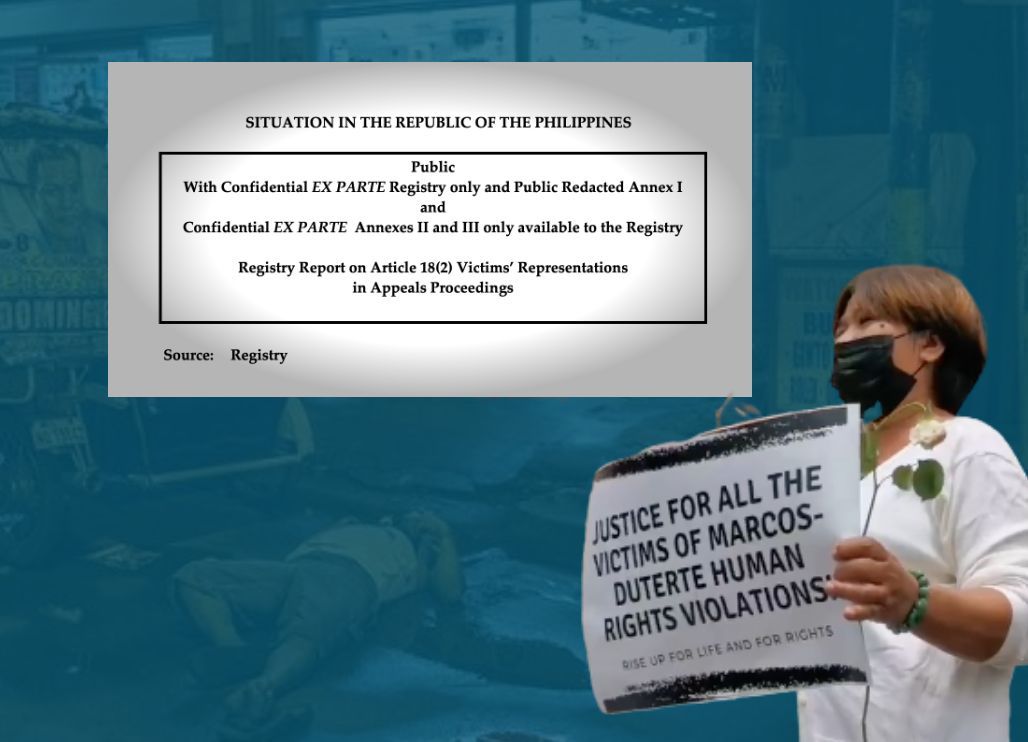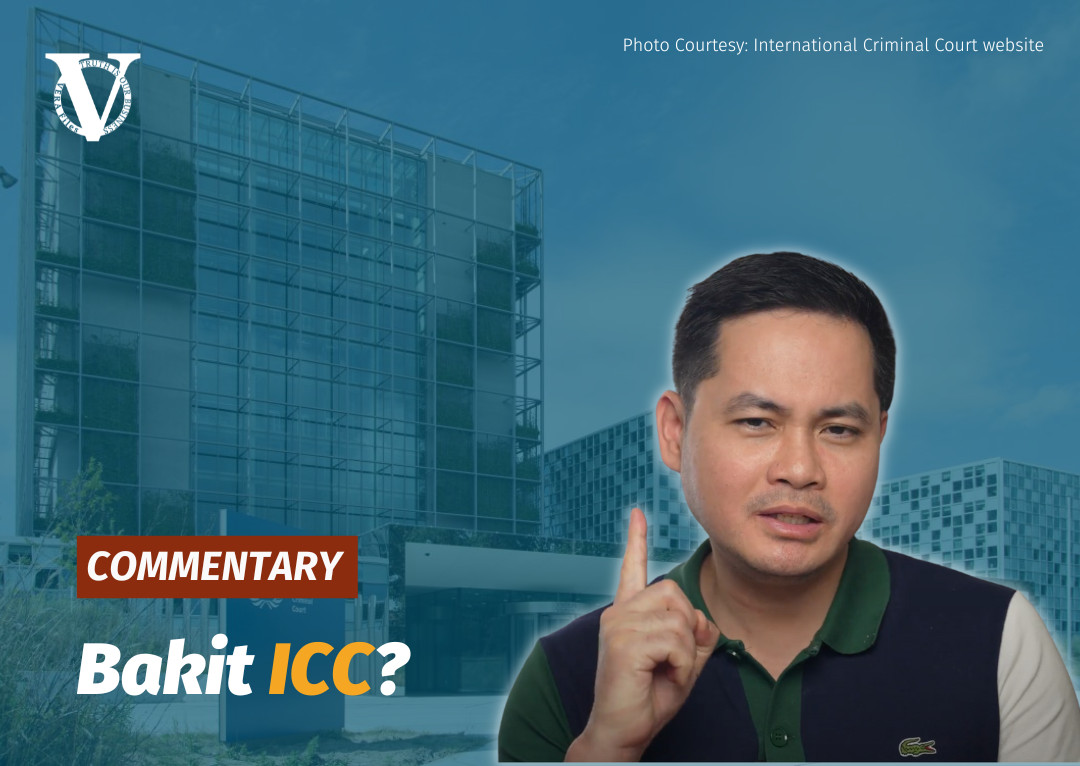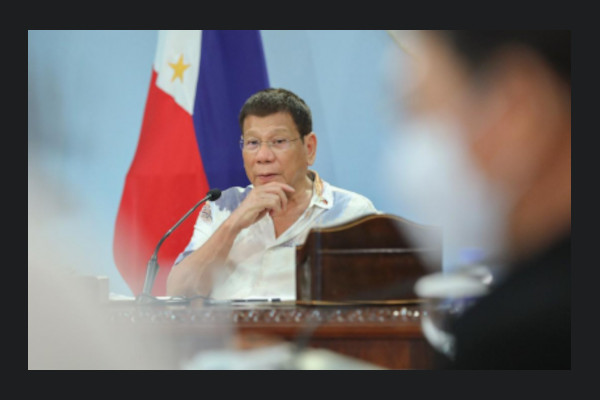The government wants to refute the arguments made by International Criminal Court (ICC) Prosecutor Karim Khan last week in pressing to continue its investigation into alleged crimes against humanity under the Duterte administration’s “war on drugs.”
In an April 11 petition, the Office of the Solicitor General (OSG) asked for permission to reply to Khan’s submission, citing five matters it wants to address which the Prosecutor raised to dismiss the government’s appeal to overturn an earlier ICC decision to resume the controversial probe.
“The Philippine Government has identified five discrete issues which would warrant a reply as they either concern new issues which could not have been reasonably anticipated by the Philippine Government, and/or require a limited reply which is necessary for the adjudication of the appeal,” the OSG stated in its five-page petition.
The request is the latest attempt by the administration of President Ferdinand Marcos to stop the controversial investigation after the Jan. 26 decision of the ICC to proceed with its probe that was temporarily suspended over a year ago on the government’s request.
In response to the OSG’s March 13 appeal to take back the ruling, Khan rejected the government’s claim that legal errors were made in the decision. (See ICC prosecutor says Duterte and top officials “encouraged” drug war killings, urges dismissal of PH appeal to block probe)
Among the issues raised by the OSG against Khan’s arguments are repeated matters on the Philippines’ obligations as a former state party to the ICC from November 2011 to March 16, 2019. Once again, the OSG pointed out that the preliminary examination launched by former prosecutor Fatou Bensouda in February 2018 on the alleged drug-related killings and crimes in the country “cannot be the trigger” for a provision in the Rome Statute, the ICC’s founding treaty. The provision (paragraph 2 Article 127) states that former state parties are responsible for its obligations for the duration of its membership,
“This procedure has no judicial oversight and is nothing more than a decision made in the Prosecution’s collective mind,” the OSG declared.
The government likewise repeated previous arguments that the Pre-Trial Chamber I, a separate judicial body of the ICC, failed to place the burden of proof on Khan in arriving at its Jan. 26 decision that contained a “cascade of legal errors. (See PH notes errors in ICC ruling on drug probe, presses for reversal)
The government also asked to address the ICC prosecutor’s alleged improper assessment of domestic proceedings, the incorrect approach in deciding to resume the probe, and the failure to consider the gravity of the alleged crimes against humanity.
“Throughout these proceedings, the Philippine Government has not been afforded the same opportunities made available to other States,” the government noted. “As a result, the material and submissions it has provided have often been overlooked or misrepresented despite the fact that this litigation goes towards preserving its sovereignty rights.”
The ICC had earlier denied the government’s requests to suspend Khan’s investigation pending the resolution of its petition and to prevent some 90 victims of the drug war from submitting their positions on its appeal. (See ICC denies PH request to suspend drug war investigation and ICC lets victims participate in appeal proceedings of drug probe, denies PH access to their identities)
